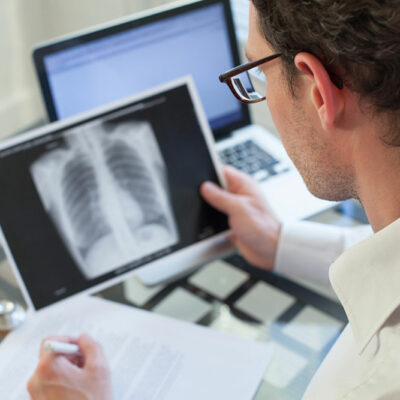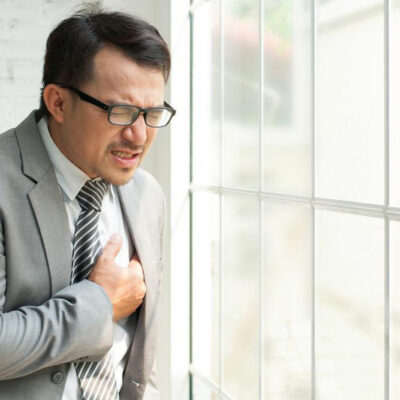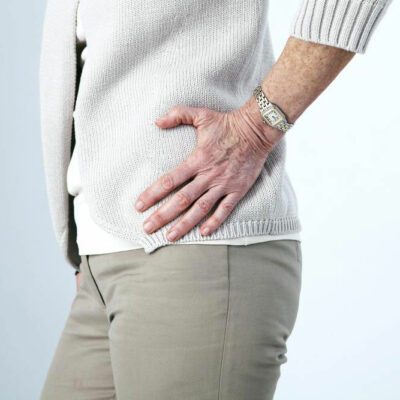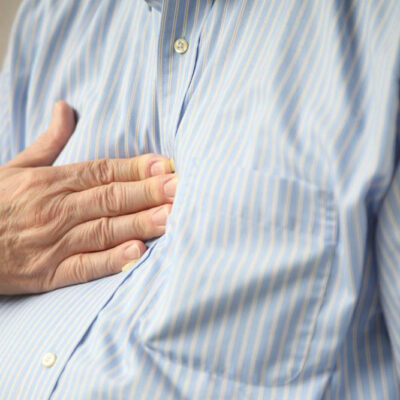
Pneumonia – Symptoms, Causes, Risk Factors, and Diagnosis
Pneumonia symptoms, whether mild or severe, should be immediately examined by a physician. A medical professional will suggest the right tests for diagnosing this disease. One should strictly follow the post-treatment precautions recommended by the doctor. Symptoms of pneumonia The symptoms of pneumonia range from mild to severe. Other factors that affect the signs of this condition are the type of pneumonia, the age of the patient as well as the state of health. Here are some signs of pneumonia: Cough Patients experience incessant coughing. It is accompanied by mucus, which may be green or yellow. There might be traces of blood in the mucus. It is one of the classic symptoms of bronchitis or pneumonia. Fever Another symptom of pneumonia is a fever. It could range from mild to high fever. Chills along with shaking Patients who have pneumonia are likely to feel extremely cold, and they are also likely to shiver or shake with it. Labored breathing You might feel short of breath while climbing a flight of stairs. Sharp pain in the chest Deep breathing or coughing could induce sharp or stabbing chest pain. Headaches There might be headaches which are of different intensities. A high amount of sweating People report sweating and moistness of the skin.





